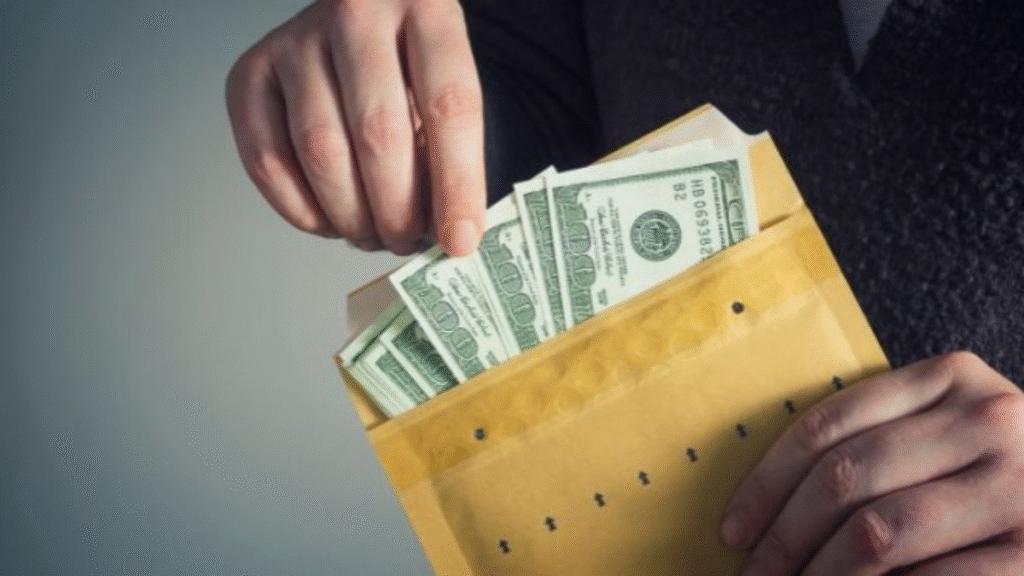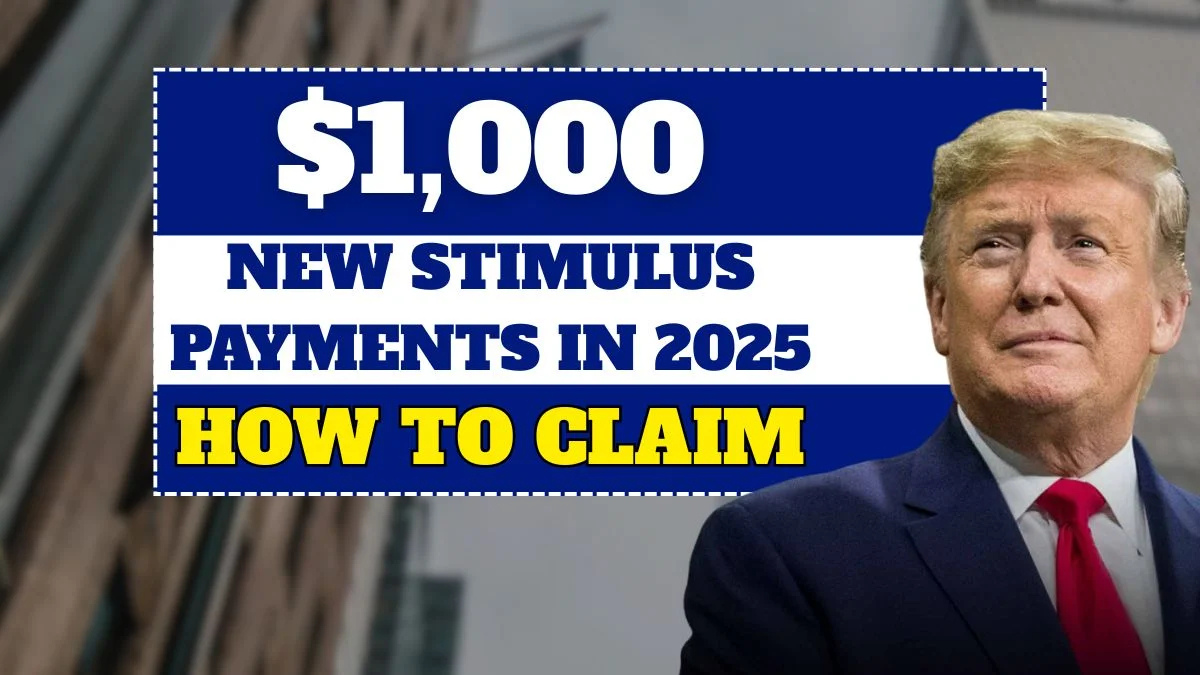In August 2025, Congress payments passed what’s officially called the “One Big Beautiful Bill” (BBB). Many hoped this would bring another round of direct cash payments like the COVID‑era stimulus checks. But that’s not the case. Instead, this bill focuses on long‑term tax changes—not immediate relief to deposit in your bank account. Here’s what you really need to know.
No Cash Checks This Time Around
After the CARES Act in 2020 and American Rescue Plan in 2021, many Americans expect direct aid again. But according to official sources, including statements from the White House and outlets like USA Today, there are no stimulus checks in the BBB. Instead, the focus is on tax credits, exemptions, and deductions. These measures are meant to help over time—not to hand out direct payments.
Who Benefits—and How?

Tip and Overtime Exemptions
If you earn under $150,000 a year, you can get up to $25,000 in tax exemption on tips and $160,000 on overtime. This is a big deal for anyone working long hours in restaurants, retail, hospitality, delivery, or manufacturing. It means you keep more of your earned money.
New Child Tax Credit
Parents can now get a $2,500 child tax credit, with up to $1,600 of that refundable. This helps low- and mid-income families cover child care, diapers, or school expenses.
Higher Standard Deduction
The standard deduction raised to $15,750 for single filers and $31,500 for joint filers. These numbers will adjust for inflation each year. That means lower taxable income and more savings without itemizing deductions.
Car Loan Interest Deduction
If you’re paying interest on a car loan, you can deduct up to $2,500 in interest. That’s a helpful boon if you rely on a vehicle for work or school.
According to the Tax Foundation, the savings for an average taxpayer could range from $500 to $1,500 a year, depending on income and status.
What About the Trump Accounts Program?
A special initiative under the BBB is the Trump Accounts Program, which deposits $1,000 into a savings account for children born between 2025 and 2028. It’s NOT immediate relief. Instead, it’s meant to grow over time and support things like education, medical expenses, or even a first home. It’s aimed at helping families build financial security for the next generation.
Why No Direct Stimulus?
The BBB isn’t emergency relief—it’s a structural tax reform. Its goal is to simplify taxes, make them more inclusive, and reward those who work and save. It’s especially meaningful for middle-income families, parents, and working Americans—but not so much for people expecting instant checks.
Real-World Scenarios
Maria, the waitress:
She earns under $50,000, works nights and weekends, and collects tips. With the new exemption rules, she keeps more of what she makes on her busiest shifts—without paying hefty taxes on that income.
James, the teacher:
He lives in a modest household and files taxes jointly with his wife. With higher standard deductions and child credits, they end up paying less in taxes and have some extra cash every April.
The Lopez family:
They just bought a car to commute to work. With the car loan interest deduction, they can deduct $2,500 of interest from their taxes—helping ease monthly payment burdens.
New parents in 2026:
Their newborn gets an automatic $1,000 deposit. Over time, it may grow and act as a small safety net or education fund.
What It Doesn’t Do
- No one-time stimulus payment
- No direct cash sent in 2025
- No immediate emergency assistance for rent, groceries, or utilities
- No changes to unemployment or food assistance programs
Should You Be Disappointed?

It depends on how you hoped to benefit. If you need cash now, this may feel frustrating. But if you’re looking ahead to earning more, planning to raise children, or paying off a car, the tax changes offer meaningful, long-term benefits.
What You Should Do Now
- Understand your tax filing status—single or joint? With children or without?
- Track your tip or overtime earnings, especially if you’re hourly or job-based.
- Mark the new child tax credit on your calendar if you’re expecting.
- Save car loan documents to claim the interest deduction.
- Review your paycheck withholding if your take-home changes next tax year.
Final Thought:
In the short term, maybe not. The lack of direct checks may disappoint. But if you look at it as a long-term financial tool—helping with taxes, growing savings for kids, easing car burdens—it can be a stepping stone toward financial consistency. Just don’t expect money in your bank right away.
This bill is about shaping a system that rewards working families and builds long-term stability—not about fixing today’s hardship instantly. Take the time to understand what applies to you. Then adjust your budget and filing strategy accordingly.
FAQs
Q1. What is the new $1,000 stimulus payment in 2025?
A: It’s a new financial relief program introduced in 2025 to help eligible Americans with rising living costs.
Q2. Who is eligible for the $1,000 stimulus?
A: Eligibility may include low to middle-income individuals, families, seniors, and those receiving federal benefits like SSI or SSDI.
Q3. How can I claim the $1,000 stimulus payment?
A: You can claim it by filing a federal tax return or through a government benefits portal, depending on the program rules.
Q4. When will the $1,000 payments be sent out?
A: Payments are expected to begin in phases throughout 2025. Exact dates vary by state or program.
Q5. Is the $1,000 stimulus payment taxable?
A: Most stimulus payments are not considered taxable income, but it’s best to check official IRS guidance.


